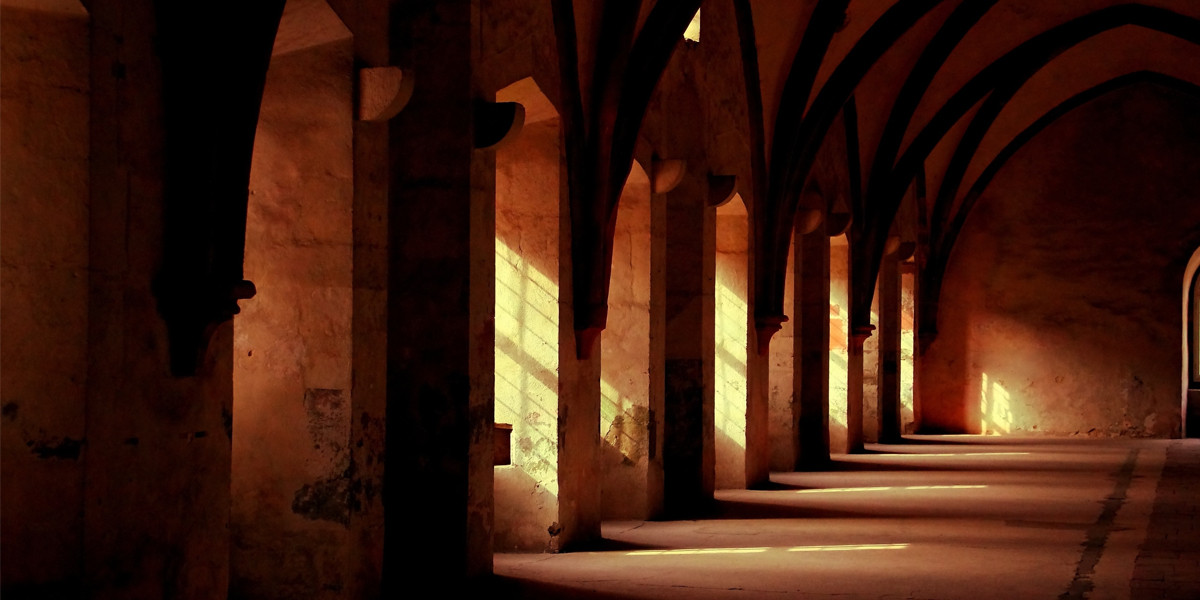 8 Shepherds were in the fields near Bethlehem. They were taking turns watching their flock during the night. 9 An angel from the Lord suddenly appeared to them. The glory of the Lord filled the area with light, and they were terrified. 10 The angel said to them, “Don’t be afraid! I have good news for you, a message that will fill everyone with joy. 11 Today your Savior, Christ the Lord, was born in David’s city. 12 This is how you will recognize him: You will find an infant wrapped in strips of cloth and lying in a manger.” 13 Suddenly, a large army of angels appeared with the angel. They were praising God by saying, 14 “Glory to God in the highest heaven, and on earth peace to those who have his good will!” Luke 2:8-14 GOD’S WORD TRANSLATION
8 Shepherds were in the fields near Bethlehem. They were taking turns watching their flock during the night. 9 An angel from the Lord suddenly appeared to them. The glory of the Lord filled the area with light, and they were terrified. 10 The angel said to them, “Don’t be afraid! I have good news for you, a message that will fill everyone with joy. 11 Today your Savior, Christ the Lord, was born in David’s city. 12 This is how you will recognize him: You will find an infant wrapped in strips of cloth and lying in a manger.” 13 Suddenly, a large army of angels appeared with the angel. They were praising God by saying, 14 “Glory to God in the highest heaven, and on earth peace to those who have his good will!” Luke 2:8-14 GOD’S WORD TRANSLATION
Christmas Day, 1863, was still sixteen months away from the end of the American Civil War. There was not a family in the war-torn country that did not suffer injury or loss due to this horrific fratricide. Like so many young boys Charles Appleton left Cambridge, Massachusetts, to join the Union Army in spite of his father’s objections. “I have tried hard to resist the temptation of going without your leave but I cannot any longer,” he wrote his father. “I feel it to be my first duty to do what I can for my country and I would willingly lay down my life for it if it would be of any good.”
Charles applied to Captain W.H. McCartney, commander of Battery A of the 1st Massachusetts Artillery and asked to enlist. Captain McCartney, a friend of the family, wrote his father, who gave permission even though he was greatly concerned. Charles’ father tried to obtain preferment for his son by approaches to General Sumner and others, but in the end, it was unnecessary; Charles had been appointed lieutenant on his own merits.
The young Lieutenant’s first battlefield encounter came during the engagement at Chancellorsville in May, 1863. Early in June he contracted typhoid fever and malaria and was sent home to recover. He would not rejoin his unit until August, and therefore, missed Gettysburg.
In September at Culpepper he witnessed an artillery round take off the legs of a man standing next to him. During the Mine Run Campaign, November 27, he would be severely wounded while in a skirmish during the battle of New Hope Church, Virginia. He took a Minnie ball in his left shoulder. The projectile traveled across his back, and exited under his right shoulder. He was carried by ambulance to the Rapidan River. On December 1, 1863, his father, Henry Wadsworth Longfellow, learned of the catastrophe and immediately took his other son Ernest to Washington to recover Charles. They brought him home, reaching Cambridge on December 8. The wound proved too serious to allow Lt. Charles Appleton Longfellow to return to his unit, and he was discharged on February 15, 1864.
The great American poet had not written much since, July, 1861, when his devoted wife, Fanny, had been killed in an accidental and freakish fire. He had tried to save her attempting to smother the flames with a rug, but failed, himself being badly burned, facially. He grew his trademark beard when he stopped shaving due to the terrible burns.
Longfellow, though sympathetic to the abolitionist movement, never took a public role in writing against the “peculiar institution.” He did, privately, however, use funds from royalties of his popular poems to buy freedom for slaves.
On Christmas Day 1863 Longfellow, tenderly caring for his wounded son, filled with sorrow and pained at the nation’s condition, like so many Americans that day, heard the church bells ringing and took hope penning the words to his famous Christmas Carol, Christmas Bells, which so many still sing with hope today…“and wild and sweet the words repeat of peace on earth, good-will to men!”
PRAYER
O Lord, there are so many in the world desperate to hear good news. Hopelessness engulfs the land separated from God’s love because of human sin. Lord we pray the Christmas message rings loudly in every ear until the peace of Christ covers the whole earth and gloriously wins men’s souls to the Kingdom.
LEADERSHIP THOUGHT
Leaders carry in their bosom the peace of Heaven and offer hope to the hopeless in every corner of the earth where they forge ahead with heart, hand, and knees bowed, plowing the way! -Dennis L. Kutzner
I heard the bells on Christmas Day
Their old, familiar carols play,
and wild and sweet
The words repeat
Of peace on earth, good-will to men!
And thought how, as the day had come,
The belfries of all Christendom
Had rolled along
The unbroken song
Of peace on earth, good-will to men!
Till ringing, singing on its way,
The world revolved from night to day,
A voice, a chime,
A chant sublime
Of peace on earth, good-will to men!
Then from each black, accursed mouth
The cannon thundered in the South,
And with the sound
The carols drowned
Of peace on earth, good-will to men!
It was as if an earthquake rent
The hearth-stones of a continent,
And made forlorn
The households born
Of peace on earth, good-will to men!
And in despair I bowed my head;
“There is no peace on earth,” I said;
“For hate is strong,
And mocks the song
Of peace on earth, good-will to men!”
Then pealed the bells more loud and deep:
“God is not dead, nor doth He sleep;
The Wrong shall fail,
The Right prevail,
With peace on earth, good-will to men.”
Lyrics by Henry Wadsworth Longfellow, 1863
Music by John Baptiste Calkin – 1872
